Andre Cronje, one of DeFi’s most recognizable builders, has secured $200 million in seed funding for his latest project, Flying Tulip.
The new protocol is being designed as an all-in-one onchain exchange, combining spot derivatives, lending, stablecoins, and even insurance into a single system.
The funding round, conducted via a simple agreement for future tokens (SAFT), values the project’s native FT token at a fully diluted valuation of $1 billion.
Fundraising with a built-in safety net
The raise, which began in mid-August and closed within a month, drew participation from major crypto investors such as Brevan Howard Digital, DWF Labs, CoinFund, and Republic Digital, among others.
Notably, the round did not have a single lead investor, and Cronje has already revealed plans for an additional public sale targeting up to $800 million at the same $1 billion valuation.
Unlike typical token raises, Flying Tulip’s model introduces what Cronje calls an “onchain redemption right,” a perpetual put that allows investors to burn FT tokens to redeem their original contribution (in assets like ETH).
Cronje said this feature is intended to reduce pressure on teams to chase short-term token price movements. “Providing a mechanism where investors can at worst exit at what they put in greatly reduces stress and overhead,” he explained in materials shared with investors.
According to the pitch deck, funds raised won’t be spent directly but deployed into strategies across DeFi protocols like Aave and Spark, targeting a 4% annual yield. That yield, estimated at around $40 million annually if $1 billion is deployed, would fund operations, incentives, and token buybacks.
Building a full-stack exchange
Flying Tulip itself is positioned as more than just another decentralized exchange. Cronje describes it as a “ground-up rebuild” of DeFi infrastructure, integrating AMMs, lending markets, a CLOB (central limit order book), derivatives, insurance, and a stablecoin called ftUSD within a single cross-margin framework.
At launch, the protocol will focus on Sonic, Cronje’s recently unveiled chain, offering zero-fee trading there before expanding to Ethereum, Avalanche, BNB Chain, and Solana.
Revenue streams will include trading fees, lending spreads, stablecoin yield, and insurance premiums. Cronje noted that team members are not receiving an upfront token allocation; instead, compensation will come from open-market buybacks funded by protocol revenue.
The project is currently under development, with Cronje teasing that the launch will arrive “sooner than people think, later than people hope.”









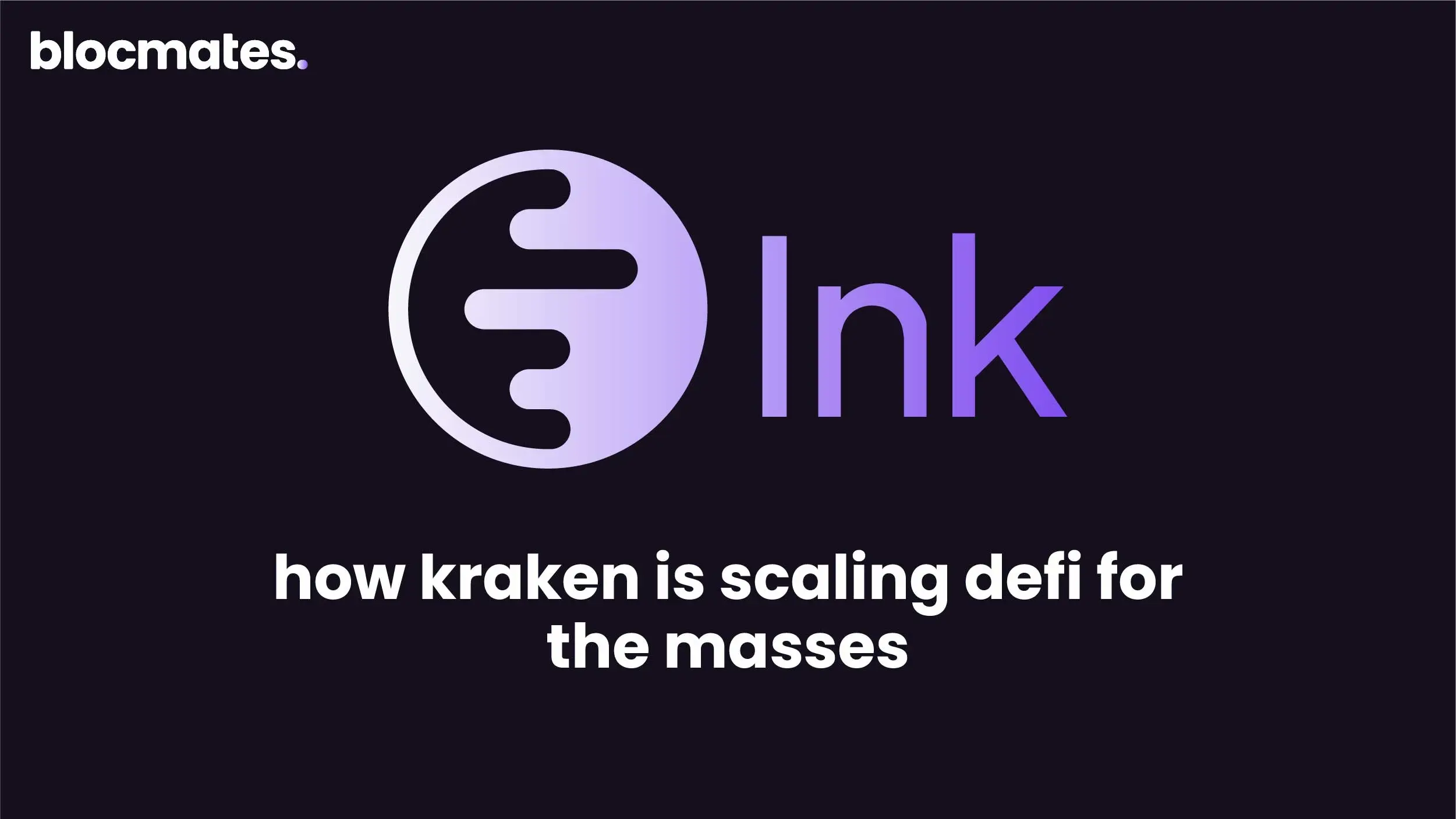
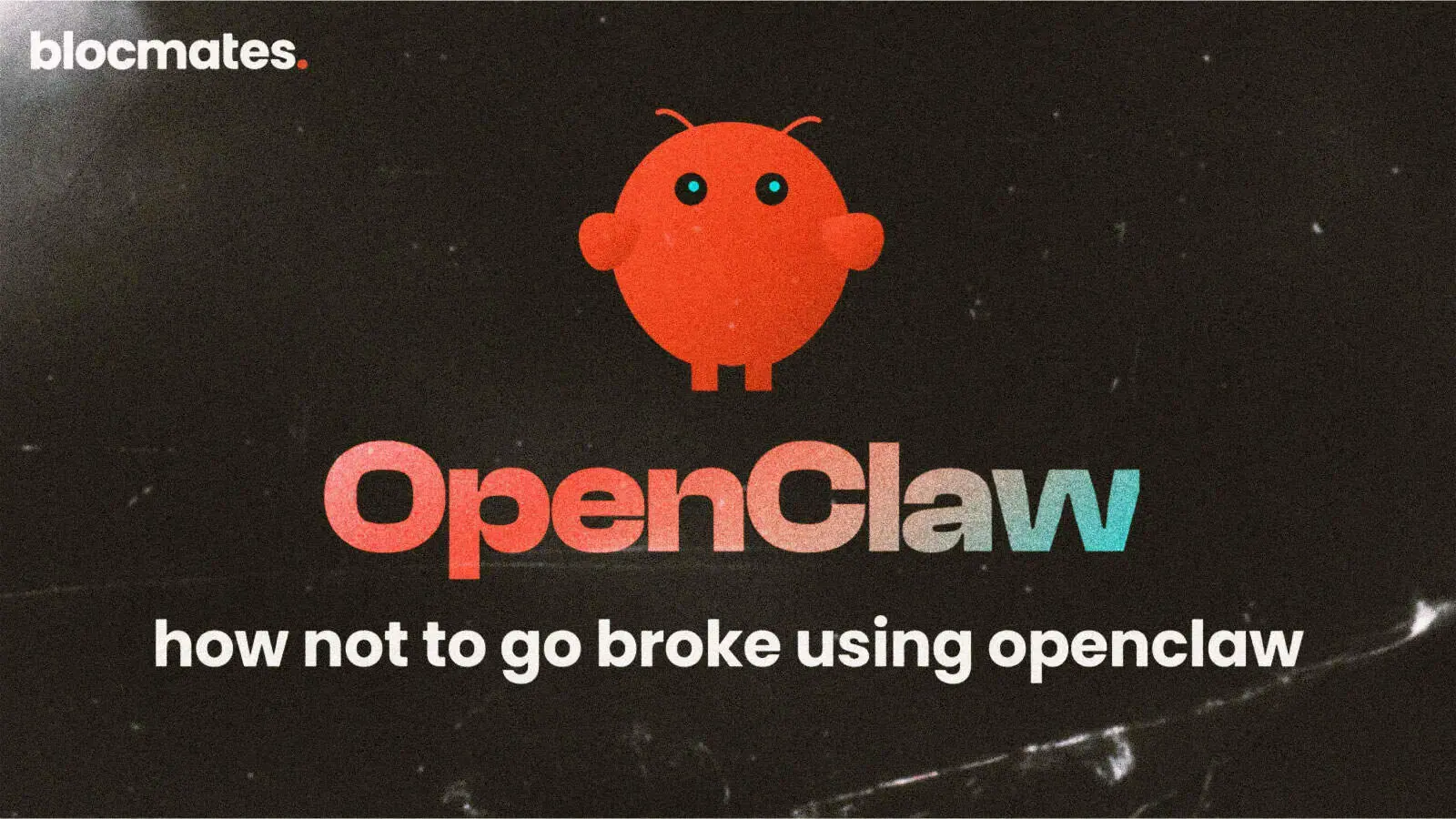
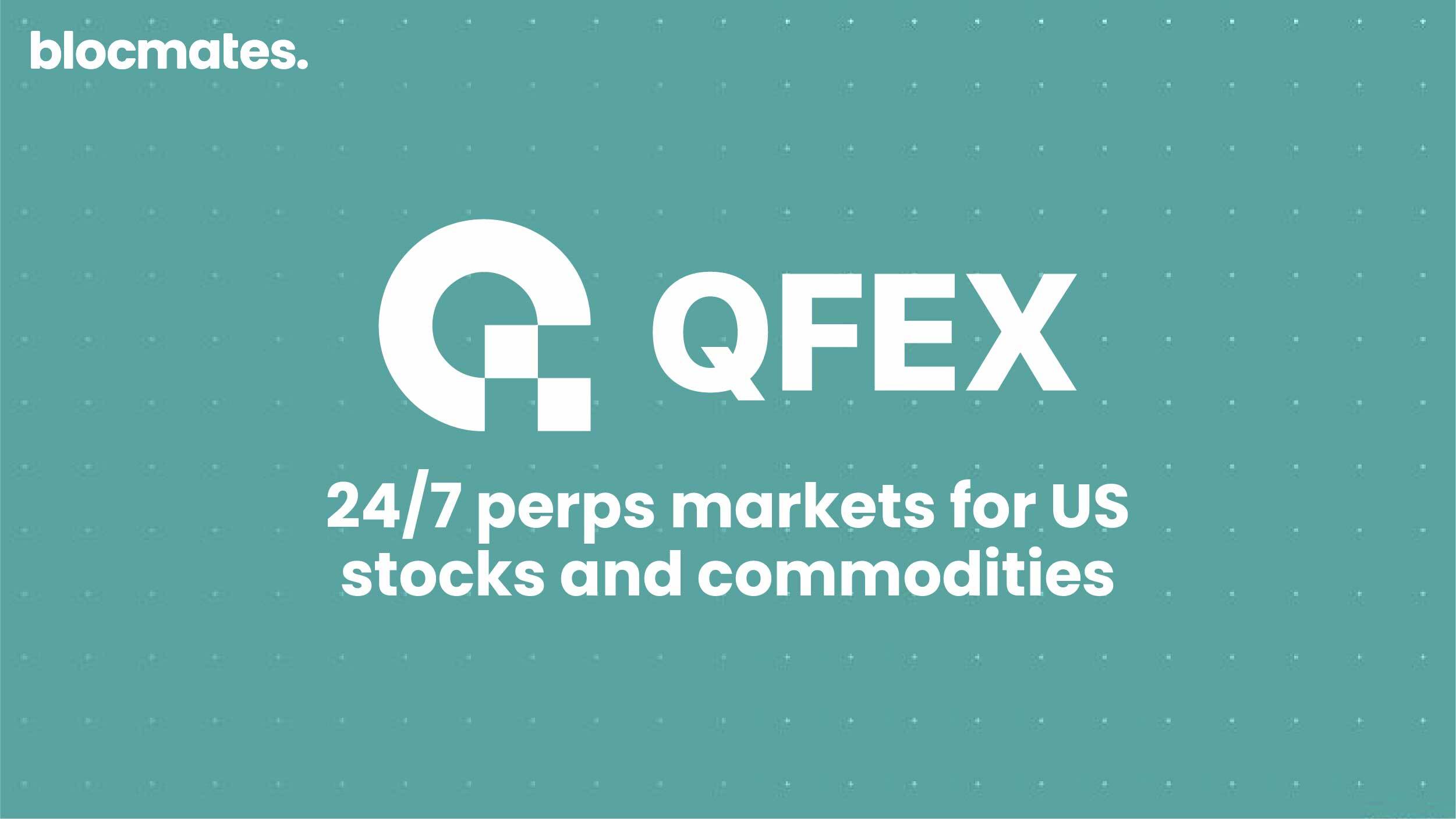
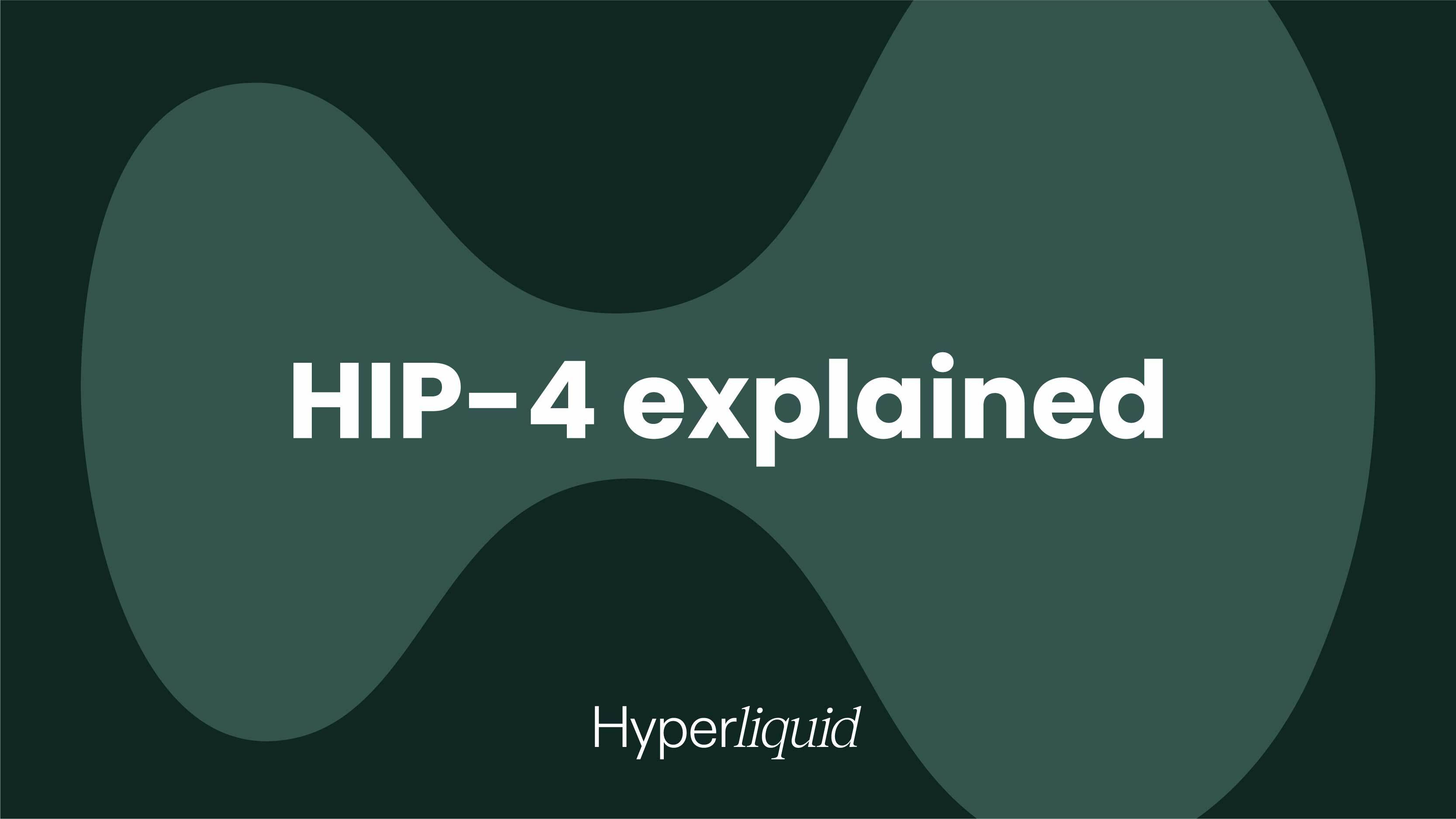


















.webp)

.webp)
.webp)

%20(1).webp)



























































%202.webp)


.webp)

.webp)
.webp)
.webp)


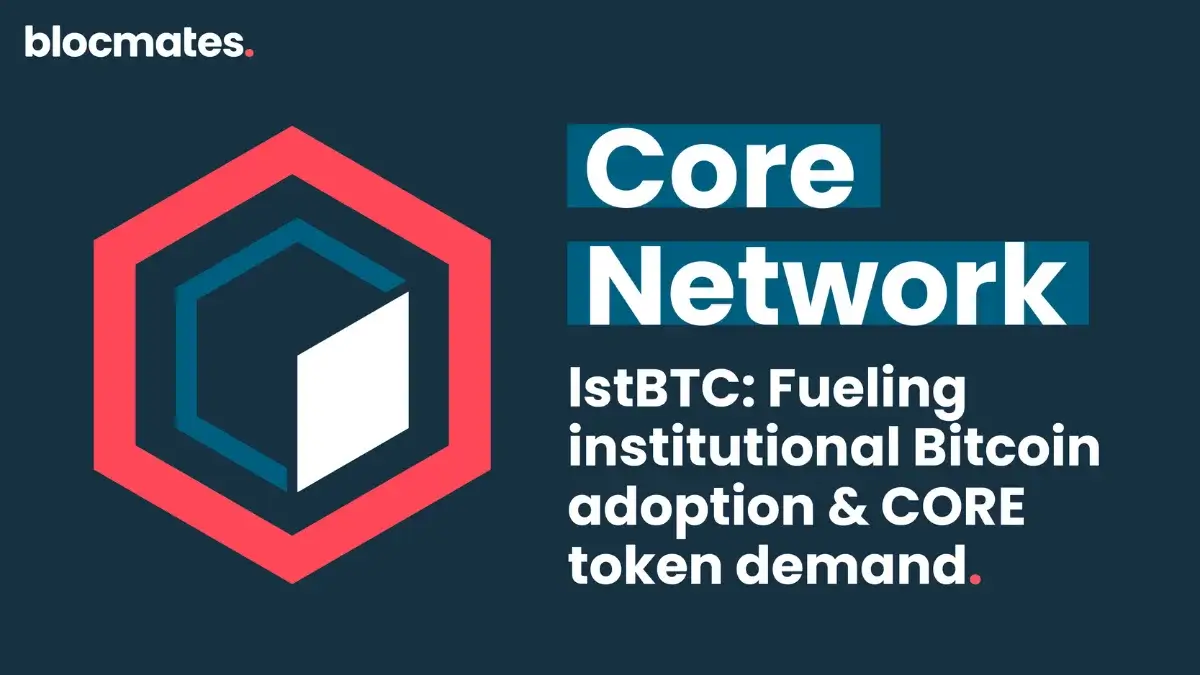
.webp)

.webp)
.webp)

.webp)
.webp)
.webp)


.webp)
.webp)










.webp)


.webp)









.webp)







.webp)




.webp)


























.webp)







.webp)















.webp)

.webp)
.webp)

.webp)














.webp)

.webp)


.webp)








.webp)



